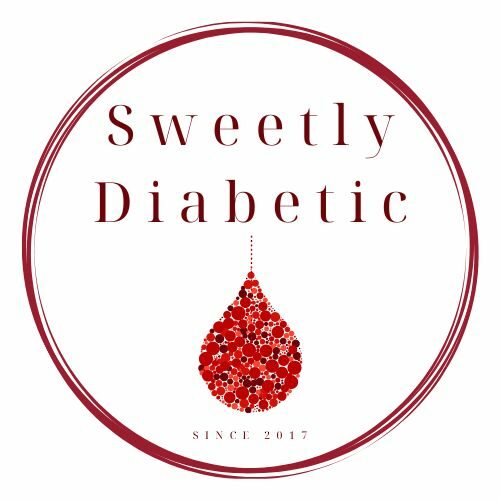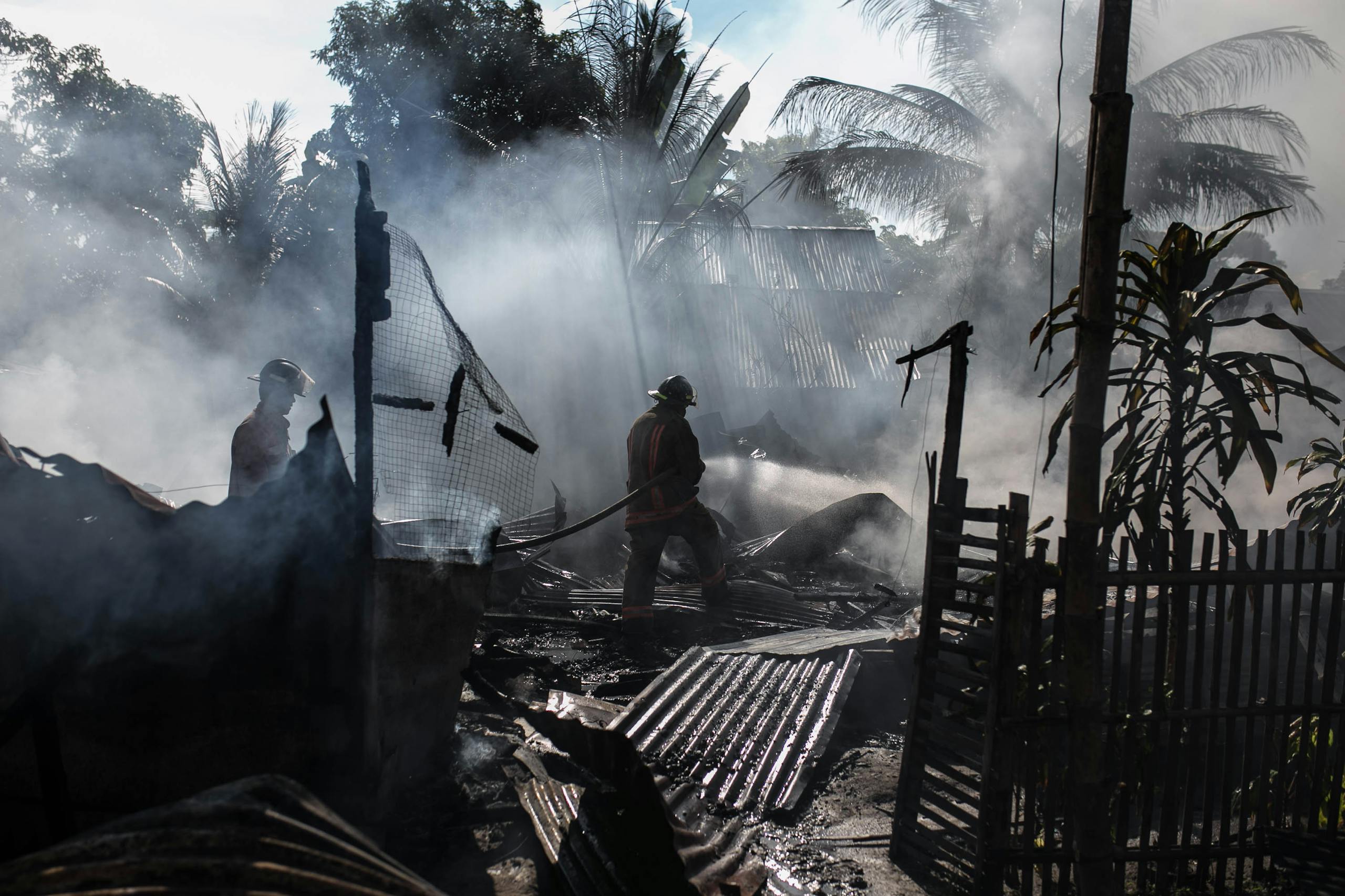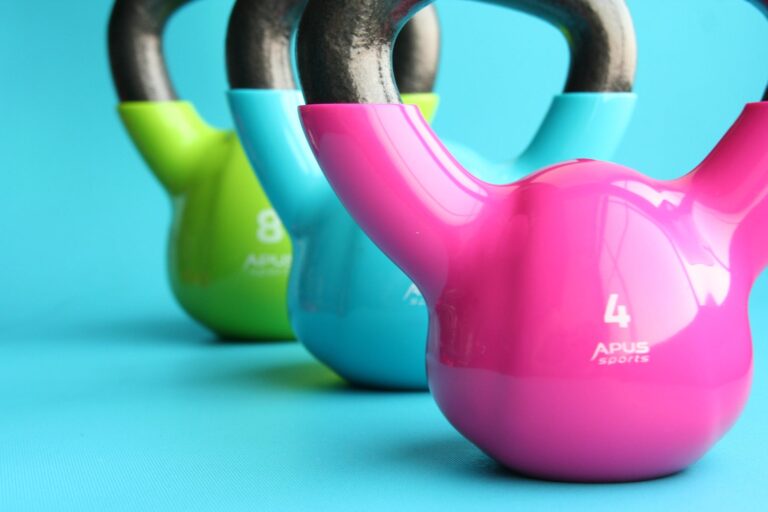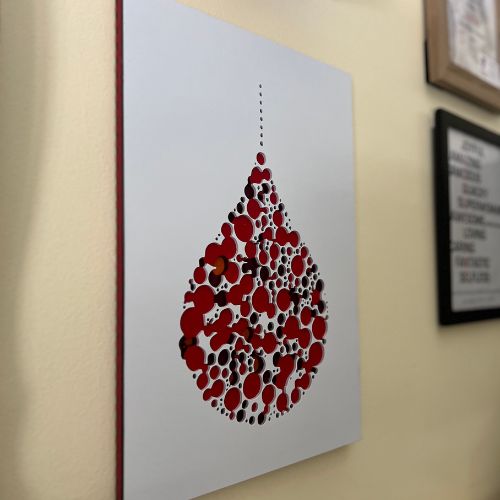The Impact of Global Conflict and Natural Disasters on Diabetes Management
With increasing global tensions, the threat of war, and increased natural disasters what is a medically fragile person to do? For individuals managing chronic conditions like diabetes, the uncertainties of these situations are particularly concerning.
I’m no Doom’s Day fanatic, but I have seen The Walking Dead and Leave the World Behind. We haven’t built a bunker yet, but when we do it is going to be stocked and ready for this Diabetic.

Potential Risks in the Medical Supply Chain
Living with diabetes means relying on a consistent supply of insulin and medical supplies.
War, geopolitical conflicts, or natural disasters could significantly impact the availability of essential items. So I wonder, “Where do our medical supplies come from? Are any of them sourced from countries that could be directly affected? Could this lead to a cut-off in our supplies?
The answers to these questions are not straightforward. Many components of medical devices and medications are produced globally, often involving multiple countries. Any significant disruption in one part of the world could ripple through the entire supply chain, potentially leaving those of us dependent on these supplies in a precarious situation.
Disclaimer:
I have no authority to speak on these issues and do not work in the medical supply chain business, but from what I remember from business classes, it can be an intricate system and is vulnerable to disruption.
Redundancy and Stockpiling
To ease my anxiety on the topic I create contingency plans. I rely on several redundant systems for insulin delivery. My primary method is advanced and automated, significantly reducing the burden of missed calculations and increasing my life expectancy with a better A1C. However, should this system fail, I have 3 backup methods, each less convenient and effective than the last. This redundancy is crucial, and I am thankful I have the privilege of having so many systems.
Stockpiling insulin and other supplies is also a common practice among diabetics. Yet, it’s a practice fraught with challenges. Insurance restrictions often limit how much one can stockpile, and changes in insurance or employment can force us to deplete these reserves.
The summer heat causes my supplies to wear out faster than usual and makes it difficult to maintain an adequate supply.
Word of advice:
Always ask for your prescription to cover more than what you think you will need so you can have a little reserve.
Technology and Professionals
My devices communicate via Bluetooth and rely on a good mobile phone with a really good battery. I depend on software updates that “magically” happen overnight and through “the cloud” which in reality is just somebody else’s computer. So what happens if these technological infrastructures are disrupted and leave us without basic functionality?
What about my medical professionals? In times of war, these professionals might be called to the front lines or their personal lives might be disrupted, leading to career changes or reduced availability. This potential shortage could mean less access to the care we depend on.
What about a natural disaster? Insulin requires refrigeration. So what happens if a diabetic needs to evacuate?
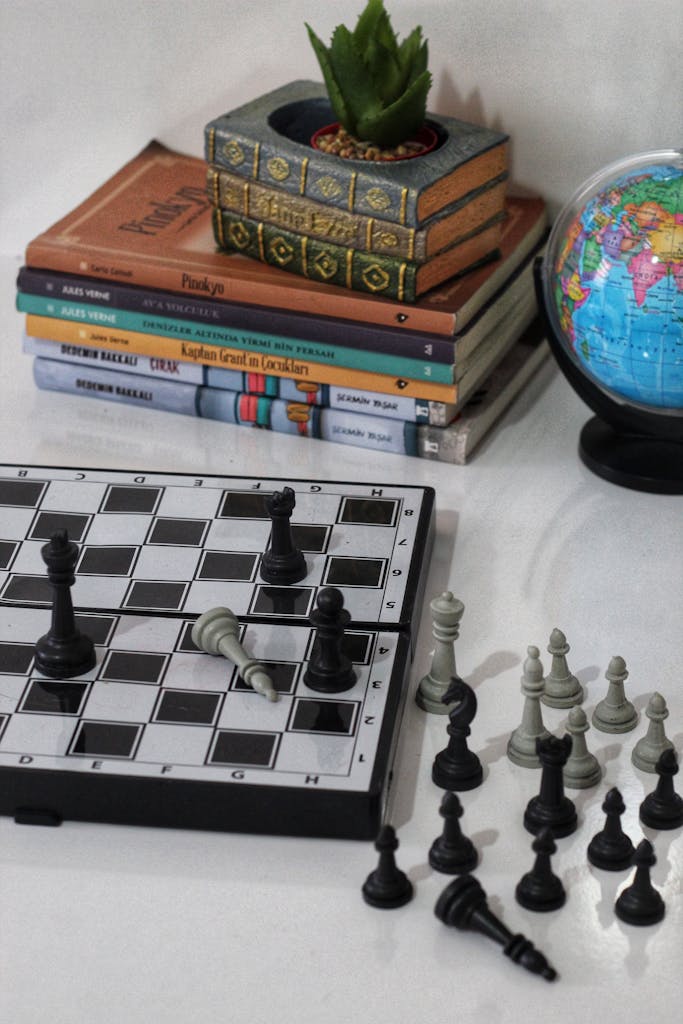
Contingency Plans
I find it best not to dwell on worst-case scenarios, but having a plan is vital. Diabetics need to consider how they would manage their condition in the face of supply chain disruptions or reduced medical support. This might involve learning or relearning manual insulin calculations, ensuring a basic understanding of carb counting, and having non-perishable supplies on hand.
The possibility of global conflict brings many uncertainties. For those managing diabetes, these uncertainties are deeply personal and immediate. While it’s impossible to predict every outcome, we can take steps to prepare ourselves, ensuring we have plans and backup systems in place.
Faith over Fear
At the end of the day, there is no perfect solution, so I choose to put my trust in something greater than medical supplies, doctors, politicians, contingency plans, and stockpiles.
Shortly after my diagnosis, I got my first tattoo. The most important part of the tattoo design was the roots. The seeds of faith planted in me as a child have grown deep down, helping me to come back to stability and faith instead of living in fear. My tattoo is a constant reminder of this.
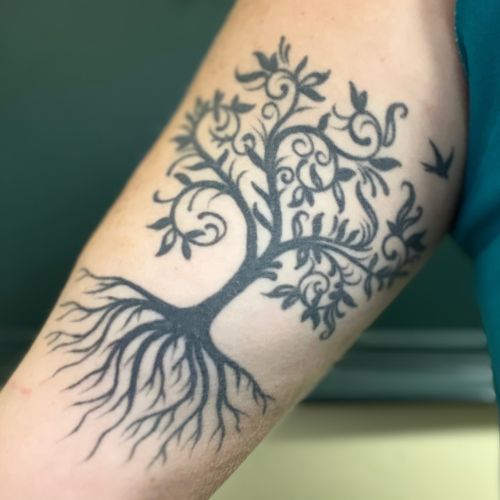
There are a lot of uncertainties in life, but I draw comfort in the certainty that this life on Earth is not my ultimate home and I long for the day I see my savior. If all the worst-case scenarios come to fruition I am ok with going to my everlasting home where there is no sickness or pain.
Hebrews 13:14-16 “For this world is not our home; we are looking forward to our everlasting home in heaven”
If you want to explore the Christian Worldview on this topic a little more I suggest you start here…
